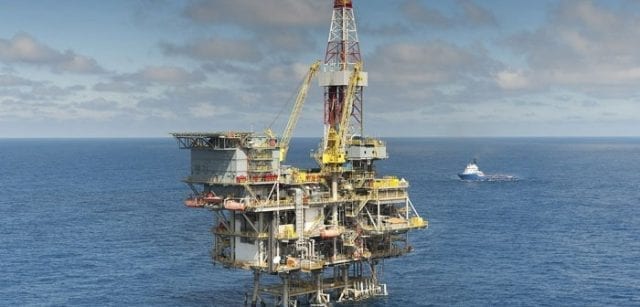The international oil benchmark, Brent crude, pared some of its recent gains on Tuesday, after the Organisation of the Petroleum Exporting Countries and its allies cancelled a meeting due to clashes over plan to increase supply to meet rising global demand.
Offshore or Onshore Oil Rig
Brent, against which Nigeria’s crude oil is priced, plunged by $2.59 to $74.57 per barrel as of 7:40pm Nigerian time on Tuesday after hitting a session peak of $77.84, its highest since October 2018.
Ministers from OPEC and its allies, a group called OPEC+, abandoned talks on Monday as negotiations failed to close divisions.
Reuters reported that discussions dissolved after Saudi Arabia, the largest OPEC producer, and United Arab Emirates were unable to agree over the terms for increasing supply.
Initially, oil rallied on news of the breakdown in discussions, but prices retreated as traders focused on the possibility that the strife could cause some national producers to open the taps and start exporting more barrels.
“The market is concerned that the UAE will step in and unilaterally add barrels and other people in OPEC will follow suit,” the Director of Energy Futures at Mizuho, Bob Yawger, was quoted as saying.
The United Arab Emirates said it would go along with output increases but rejected a separate proposal to extend curbs to the end of 2022 from an existing April deadline.
Some OPEC+ sources said they still believed the group would resume discussions this month and agree to pump more from August, though others said current curbs might remain in place.
No date for further talks has been announced.
Goldman Sachs said the collapse of the talks had introduced uncertainty into OPEC’s production path. The bank said it still saw Brent reaching $80 per barrel early next year.
Support InfoStride News' Credible Journalism: Only credible journalism can guarantee a fair, accountable and transparent society, including democracy and government. It involves a lot of efforts and money. We need your support. Click here to Donate
